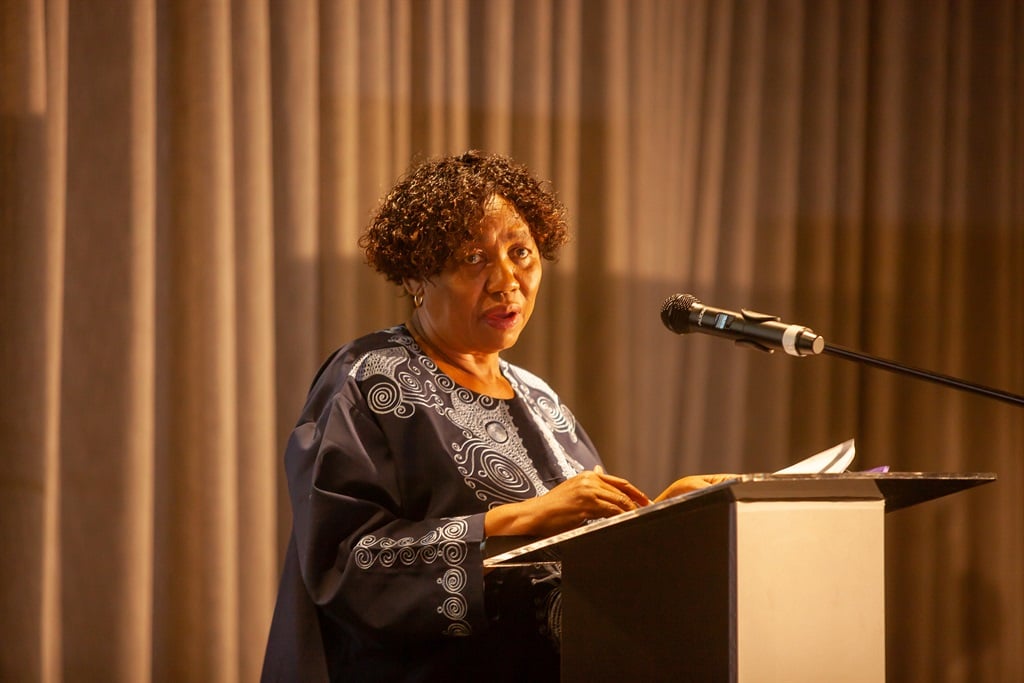
- Finland has plans to strengthen its early childhood education partnership with South Africa.
- Experts say early childhood education can help to break the cycle of poverty in the country and will allow young children the chance to be agents for change.
- But North-West University Professor Mariette Koen says the "wicked problems" in the sector needs to be dealt with to unlock the pathway to sustainability.
Academics say early childhood education (ECE) can help to break the cycle of poverty, but the sector is battling "wicked problems".
They spoke at an early childhood development (ECD) and teacher training event at the University of Pretoria on Wednesday.
The event featured a delegation from Finland, including Finnish Education Minister Li Andersson, and the primary goal was to strengthen Finland's educational partnership with South Africa.
It was hosted by the Department of Basic Education (DBE), which was led by Minister Angie Motshekga and Deputy Minister Reginah Mhaule.
According to Professor Mariette Koen from the North-West University's Faculty of Education, a holistic approach is needed to develop the emotional, social, cognitive, spiritual and physical facets of ECE. She said this would create sustainable building blocks.
ECE was about more than content-related education. It was a chance to allow young children to be agents for change who should be provided with skills, values and attitudes to address sustainable developmental change, Koen added.
She said:
Despite the positive impact ECE could make on more sustainable development, Koen said, the sector still faced "wicked problems".
She said this included access to quality education, the role of practitioners in ECE, problems with funding, infrastructure, and teaching children living with disabilities.
"These are some of the wicked problems that have multiple interconnected causes with no easy solutions.
READ | Cyril Ramaphosa: Early childhood development centres play pivotal role in SA's development
"Practitioners are often poorly paid. Some practitioners cannot always easily enter higher education, TVET colleges or non-profit organisations. Some struggle to attend courses due to funding problems, some work full time and can't take time off, and some have challenges with online learning," Koen said.
She said it was concerning that about 90% of practitioners were unqualified or underqualified.
She said persistently low education levels in the early years of children's lives would lead to high levels of disadvantage, poverty and compromised health, which in turn would lead to a vicious cycle of national, economic and social problems.
Koen said:
Budget
Associate professor Keshni Bipath from the Department of Early Childhood Education at the University of Pretoria questioned why the percentage of unqualified or underqualified practitioners was so high in the ECE sector.
Bipath said talk of investing more money in ECE often happened before elections, with "beautifully written" policies. She said implementation was a problem.
"Wicked problems can be solved, but we need a budget, and that budget somehow gets neglected," said Bipath.
READ | Early childhood development transferred to the Department of Education
Mhaule said pointing fingers was not the solution.
"We must not pretend that we come from an affluent system. We are just a new democracy. This early childhood development has just been introduced into the DBE.
"The way it was in social development was about welfare. That is why the basic education provided the curriculum and the training of the practitioners. Now the decision came to move the function from social development to the Department of Basic Education," she said.
Mhaule said stakeholders, universities and researchers needed to come together to develop a suitable model for ECD in the country.




 Publications
Publications
 Partners
Partners























